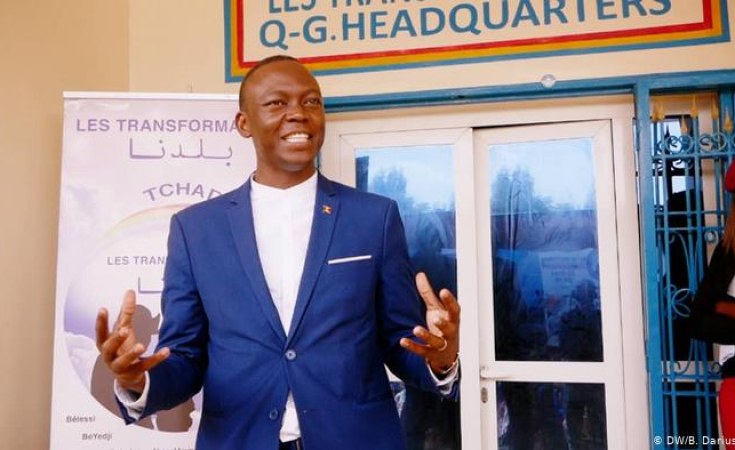N'djamena — In N'Djamena, capital of Chad, where arrests took place during the night, the situation appears to be calm during the day, despite ongoing tensions. "During the day the situation seems calm, even if the military controls are always present. At night, in addition to an intensification of controls, we also received news of people being arrested in their homes," local sources tell Fides.
"We don't know how many people have been arrested, but security forces definitely remain on alert." Tensions have escalated in Chad since the assassination of opposition politician Yaya Dillo, leader of the opposition Socialist Party Without Borders (PSF), who was killed on February 28 in an army attack on the headquarters of the party he led (see Fides, 29/2/2024).
Dillo was killed the day after the presidential election calendar was announced, the first round of which will take place on May 6. While interim President Mahamat Idriss Déby Itno has not yet officially announced his candidacy, Prime Minister Succès Masra declared yesterday, Sunday March 10, that he will run.
A step that, according to the opposition, only serves to legitimize an election that has already been decided in advance, from which Déby will then emerge as the winner. Although the recent events are seen as an internal conflict between the presidential clan and the Zaghawa ethnic group (to which the murdered opposition politician also belonged), the interests of other powers are also in the background.
Above all, France, which is accused by a Chadian news portal of being involved, together with its secret services, in the murder of Diallo, an accusation that has not yet been proven. But also Russia, where Déby traveled in January. "It should not be forgotten that about 200 Hungarian soldiers are officially supposed to arrive in Chad to block migration flows to EU countries, but in reality it is not clear what they will do there," said observers. "Hungary is a member of NATO and the EU, but its president Orban is considered close to Russian President Putin. According to some interpretations, the deployment of the Hungarian military would be a disguised intervention by Moscow in Chad."
"This remains to be seen, not least because the Hungarian mission announced in November has not yet begun," the sources said. "It is certainly true," the observers add, "that in recent months an increased presence of Russian citizens or Russian speakers has been noted in N'Djamena. Officially they are civilians.


